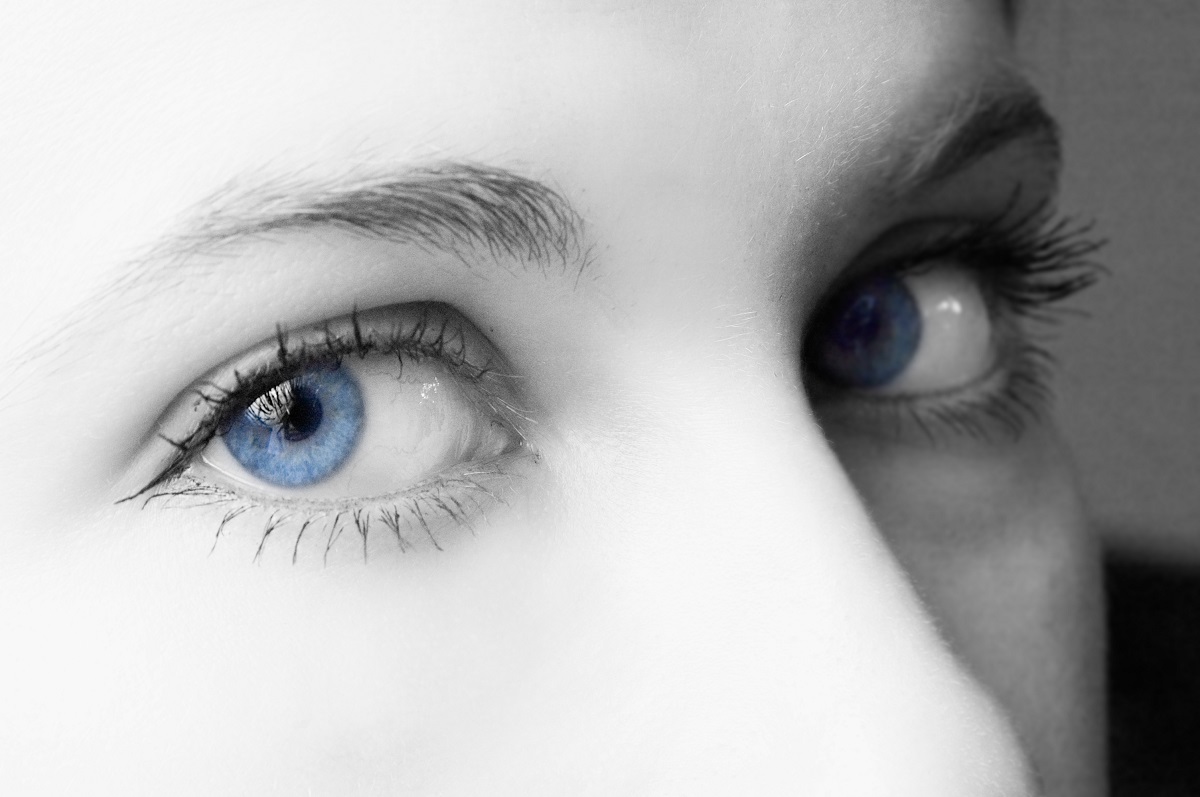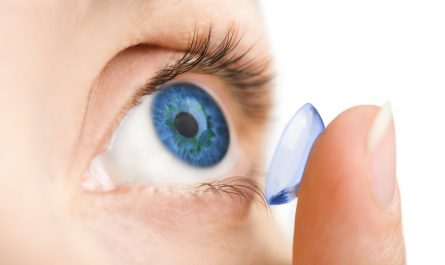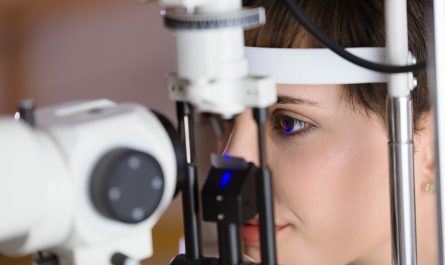A blurry, unclear, and unfocused vision are some common eye problems. Blur may be a signal that your glasses or contact lenses need updating. However, blurred vision can sometimes signal a more severe issue.
Be sure to investigate what is causing your blurred vision. Knowing the reason behind it may be the difference between getting the right help you need.
Refractive errors
Myopia (myopia), hyperopia (myopia), and astigmatism are refractive errors and are the most common causes of blurred vision. They occur when your eye prevents the light from focusing directly on the retina. The retina processes light into signals that the brain can read.
Although refractive errors are quite widespread, they are easy to correct. Sometimes all you need is prescription glasses. In most cases, you need prescription eyeglasses or contact lenses from an optometrist or ophthalmologist. Corrective eye surgery can permanently change the shape of the cornea to correct these types of refractive errors.
Conjunctivitis
Your pink eyes can be due to conjunctivitis. This is usually caused by adenovirus, which can also cause cold, sore throat, and bronchitis. Although generally not severe, conjunctivitis can spread like wildfire in schools and other crowded places.
Virus particles on the surface can survive for about two weeks. Conjunctivitis usually goes away for one to two weeks without treatment, but if you have severe symptoms, consult your doctor for information about antibiotics or antivirals.
Wash sheets (especially pillowcases) and hands frequently to prevent the spread of the virus.
Sleeping with your contacts
Contact lenses can fix vision, but if you misuse them, they can also cause eye infections.
Each time you blink, the contact lens moves on the eye, creating micro-scratches on the surface of the eye. The infection-causing microbe may get stuck under the lens and may be scratched.
Always take out contact lenses at night. Or throw away disposable glasses at the end of the day.
Eye infection
You don’t need to wear contact lenses to get an eye infection.
Herpetic keratitis is an eye infection of the eyeball. You can get it by touching a cold sore on your lips and then your eyes. Bacteria and fungi that enter the eye can also cause infections.
Treatments such as eye drops and medications (such as antibiotics for bacterial infections) usually help. Your cornea will do a lot for you.
You are developing a cataract
A cataract is one of several eye problems caused by aging. At the age of 75, about half of Americans have cataracts. Cataracts cause the lens infront of the eye to become blurred, and it blocks the light.
Cataracts usually take some time and do not cause any pain or other symptoms. Some are still minimal and cause no problems. If they already interfere with vision, you would need to undergo corrective eye surgery to replace the damaged lens.
Glaucoma
Glaucoma is another age-related vision disorder caused by extra eye stress, which can damage the optic nerve.
Like cataracts, glaucoma usually develops slowly. Patients with glaucoma are unaware of it until it’s too late because vision loss occurs gradually, sometimes over decades. Apart from regular eye assessments, there is virtually no other way to suspect.
Once a diagnosis is made, prescription drugs or laser vision correction surgery in Los Angeles can all help.
You might be suffering from age-related degeneration
As you get old, the risk of macular damage is higher. It often occurs once you reach 60. The macula is the area near the center of the retina. It helps you see the details and objects directly in front of your eyes.
Age-related macular degeneration, or AMD, causes central vision loss, which can challenge daily activities such as driving and reading.
According to the National Institute of Ophthalmology, although high doses of specific vitamins and minerals can slow or moderate the damage of AMD, there is no cure for AMD.
Diabetes
If you have an undiagnosed type A or B or diabetes but cannot control it, you are at risk of diabetic retinopathy. This is when a damaged blood vessel starts to leak or other blood vessels grow behind the eyes and start bleeding.
If you know there are problems, injections and laser surgery can help you save your vision, but unfortunately, this is a vision thief.” “You may lose sight due to diabetes, but you don’t know you have diabetes.
Controlling blood sugar can prevent diabetic retinopathy. If you have diabetes, make sure you have regular eye exams.
Even before the long-term complications of diabetes are resolved, high blood sugar can cause blurred vision. High sugar causes swelling of the lens. Swelling changes the shape of the eyes and how they focus, but the problem usually lasts only a few hours or days.
If you suspect your blood sugar is high, check it immediately. If you have a family history, you might be at risk for type 2 diabetes.
If you have blurry vision, don’t get afraid. Remember, corrective eye surgery can help get your clear vision back. Consult with your eye specialist if you are having blurry vision as soon as possible.



